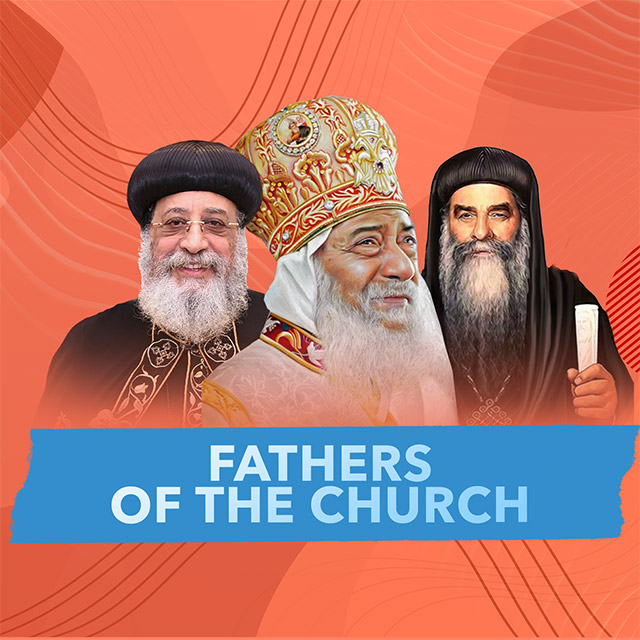By Fr. Patrick Reardon The Orthodox Church’s belief in the Guardian Angel finds abundant support in the Lord’s warning: “See that you do not despise one of these little ones. For I tell you that in heaven their angels always see the face of my Father who is in heaven” (Matthew 18:10). Luke, in his reference to Peter’s angel, attests to this belief among the early Christians (Acts 12:15). These references indicate that Guardian Angels were well-known to the readers of Matthew and Luke and that the concept needed no explanation. The Church inherited many beliefs from Judaism, such as prayers for the dead and the role of the Guardian Angel. The Psalmist declares: “The angel of the Lord encamps around those who fear him, and delivers them” (Psalm 34:7), and “For he will command his angels concerning you to guard you in all your ways” (Psalm 91:11). The clearest depiction of Jewish belief in the Guardian Angel is found in the Book of Tobit in the Septuagint. It tells the story of a Jewish family exiled in Mesopotamia during the 8th century BC, and the core of the story concerns the long journey undertaken by the young Tobiah, sent by his blind father Tobit. The primary purpose of Tobiah’s journey is to collect a debt to save the family from poverty. The story, however, is enriched with additional elements that go beyond this purpose, not least of which is Tobiah finding a pious wife. Before Tobiah embarks on his journey, he and his family are visited by a stranger who offers to be his guide. The end of the story reveals this stranger to be Raphael, “one of the seven angels who stand and enter before the glory of the Lord” (Tobit 12:15). This revelation does not occur until the end of the book, at the journey’s conclusion. Thus, Tobit and his family, like Abraham in Genesis 18, Gideon in Judges 6, and the parents of Samson in Judges 13, receive an angel “unawares” (Hebrews 13:2). Despite not knowing Raphael’s true identity, Tobit ironically refers twice to the “good angel” who will accompany his son on the journey (Tobit 5:16 and 21). Similarly, after the journey but before learning Raphael’s identity, Tobit blesses “God’s holy angels” (Tobit 11:14). Tobiah traveled with an angelic companion without even knowing it. The journey Raphael offered to lead Tobiah on, from Nineveh to Rages in Media, was long in every sense—about 200 miles, mostly through mountains. Yet, in the oldest existing manuscript of the Book of Tobit (the Sinaiticus manuscript), a scribe inserted a note that the journey took only two days! If we recall that Alexander the Great’s swift army, according to Plutarch, needed ten days to traverse this distance, the benefits of traveling with an angelic companion become evident. They also brought along the family dog, symbolizing Tobiah traveling with both an angelic companion and an animal companion, representing the spiritual and physical realms, the worlds of experience through which a person journeys in this life. Saint Jerome tells us that he translated the Book of Tobit from Greek into Latin in a single night. He saw Tobiah’s journey as a symbol of humanity’s journey in the world, a return to the paternal home. The teaching of the Gospel is that we do not make this journey alone, but are accompanied by “an angel of peace, a faithful guide, guardian of our souls and bodies.”
Related Knowledge Base Posts
- Why do demons ake control of some people? (4 minutesread)
- How did we receive the Holy Scriptures?, what is the composition of the bible? (1 minuteread)
- How the Old Testament Books Came to Us: (1 minuteread)
- What are the main features about the Coptic Calendar of Martyrs? (2 minutesread)
- What is the Church’s ruling on a person who leaves their faith and then returns?* (1 minuteread)
- What are the signs of the second coming? (5 minutesread)
- How did Saint Augustin describe his mother? (1 minuteread)
- What are the various names of God in the Bible? (3 minutesread)
- What are the Seven Sorrows in the Life of the Holy Virgin Mary? (1 minuteread)
- Glory to God, so why do we glorify the Virgin Mary? (2 minutesread)
- Can you give us a brief history of Egypt through the Ages? (3 minutesread)
- What is the meaning of Lighting Candles in the Church? (3 minutesread)
- What happened to those who attacked the Holy Bible, and what happened to their ideas? (2 minutesread)
- What is the Feast of the Transfiguration? (3 minutesread)
- Why were Moses and Elijah with Christ on the Mount of Transfiguration? (2 minutesread)
- Can you explain the creatures mentioned in Chapter 13 of the Book of Revelation? (4 minutesread)
- Is there a conflict between God and Money? (6 minutesread)
- What is the Christianity’s view on Magic? (2 minutesread)
- Why would God allow Satan to tempt him? (2 minutesread)














